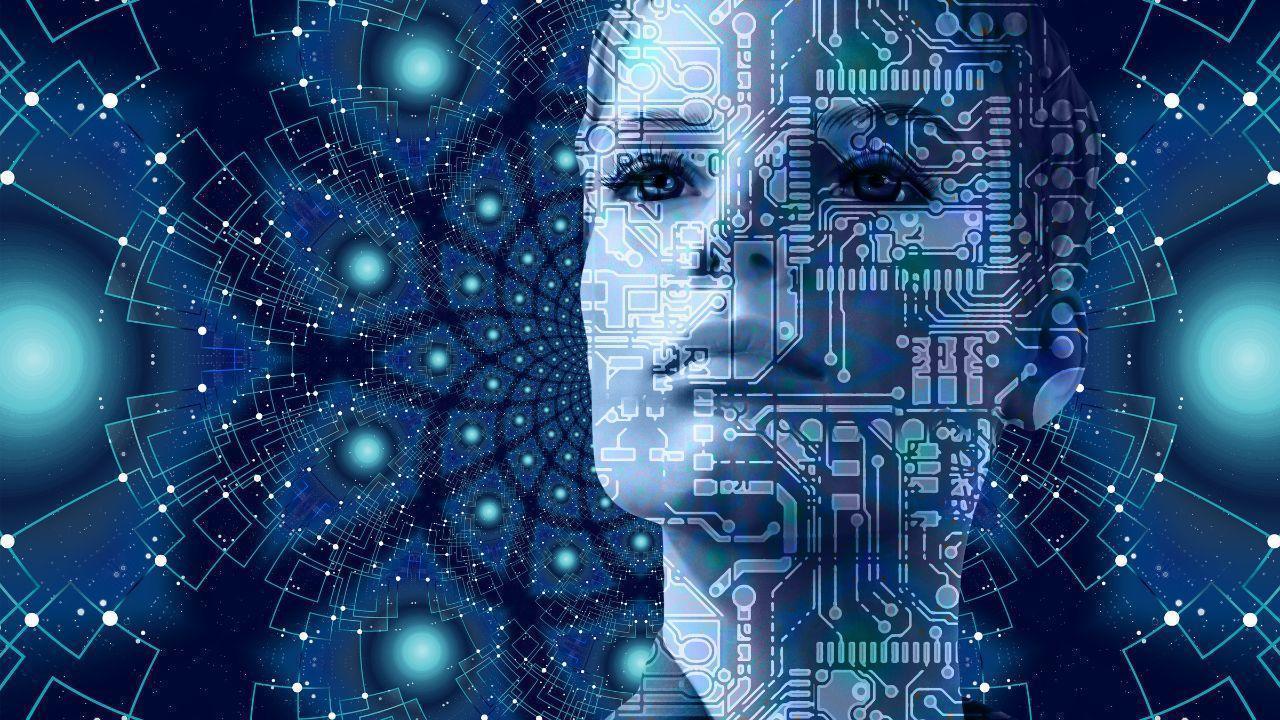
Post by : Vansh
In today’s digital age, technology in education is more than just a trend—it’s a revolution. From urban classrooms to remote villages, digital tools are breaking down barriers that once limited access to knowledge. The idea of “learning without limits” is now a reality, as technology opens doors for students of all backgrounds, locations, and abilities.
One of the most transformative aspects of modern education is the shift toward online learning platforms. Traditional classroom setups often exclude those who live far from schools, cannot afford tuition, or have special learning needs. But with tools like Zoom, Google Classroom, Coursera, and Khan Academy, students can now access lessons from anywhere in the world.
Online learning isn’t just convenient—it’s inclusive. It allows students to learn at their own pace, revisit lessons as needed, and even interact with peers and instructors from different countries. As internet access becomes more widespread, even underserved communities are beginning to benefit from digital learning spaces.
Artificial intelligence (AI) is revolutionizing education by offering personalized learning experiences. AI-powered platforms can assess a student’s strengths and weaknesses and adapt the lesson plan accordingly. For example, tools like Squirrel AI or Century Tech help identify what each student needs help with and provide tailored content, making the learning process more efficient and engaging.
This adaptive technology also supports students with learning disabilities. With voice-to-text, screen readers, and real-time feedback, AI ensures that no learner gets left behind.
The education gap between developed and developing countries has long been a concern. However, educational technology (EdTech) is now helping bridge that divide. Initiatives like One Laptop per Child (OLPC) and low-bandwidth learning apps allow students in rural or low-income regions to access quality educational content.
Mobile phones—once seen as distractions—are now learning hubs. In countries where computer access is limited, students use mobile apps to learn coding, language skills, and even science through gamified lessons. Governments and NGOs are partnering with tech companies to ensure that affordable devices and connectivity reach the remotest corners of the world.
Technology doesn't just benefit students—it empowers teachers too. With tools like interactive whiteboards, virtual labs, and lesson planning software, teachers can enhance their classroom experiences. Platforms such as Teachmint, Canva for Education, and Edmodo provide resources to design engaging lessons and track student progress in real time.
Teachers also have access to a global community of educators, allowing them to share ideas, attend workshops, and continuously update their skills. This collaborative environment enriches teaching methods and improves student outcomes.
Virtual reality (VR) in education offers immersive learning experiences that were once unimaginable. Imagine exploring ancient civilizations, diving into the ocean, or walking through a working human heart—all from the classroom. VR and AR (augmented reality) are making these experiences possible, sparking curiosity and improving understanding.
Applications like Google Expeditions and ClassVR transport students into 3D learning environments, making abstract concepts come alive. These tools are especially helpful in teaching STEM subjects, geography, and history.
Language can be a major obstacle in global education, but translation tools are helping to overcome it. AI-driven apps like Duolingo, Google Translate, and Microsoft Immersive Reader allow students to learn in their native language or access multilingual content.
For students with physical or cognitive disabilities, assistive technologies like speech recognition, Braille displays, and closed captioning are game changers. These innovations are ensuring that accessible education becomes the norm, not the exception.
The information provided in this article is intended for general awareness and educational purposes only. It does not constitute professional advice or recommendations. Readers are encouraged to consult relevant experts or official sources before making decisions based on the content. This article is published in good faith by MiddleEastBulletin and reflects the views of the writer at the time of publication.










Pageau's Overtime Goal Propels Islanders to 4-3 Victory Over Golden Knights
In a thrilling overtime finish, Jean-Gabriel Pageau leads the Islanders past the Golden Knights 4-3,

MLB Awards: deGrom and Acuna Jr. Shine as Comeback Players
Jacob deGrom and Ronald Acuna Jr. celebrated MLB Comeback Player Awards, alongside Ohtani and Judge

Portugal Confronts Ireland in Pivotal World Cup Qualifier
Portugal, led by Cristiano Ronaldo, faces Ireland in a vital Group F World Cup qualifier that could

Haaland's Brilliance Leads Norway to 4-1 Victory Against Estonia
Erling Haaland showcases leadership as Norway crushes Estonia 4-1, boosting their World Cup ambition

Hawks Triumph Over Jazz; Suns and Raptors Secure Victories
Hawks' Onyeka Okongwu and Jalen Johnson lead in a thrilling win against Jazz; Suns and Raptors also

Indian Men's Recurve Team Clinches First Asian Gold in Nearly Two Decades
The Indian men's recurve team triumphed over South Korea, securing their first Asian gold in 18 year